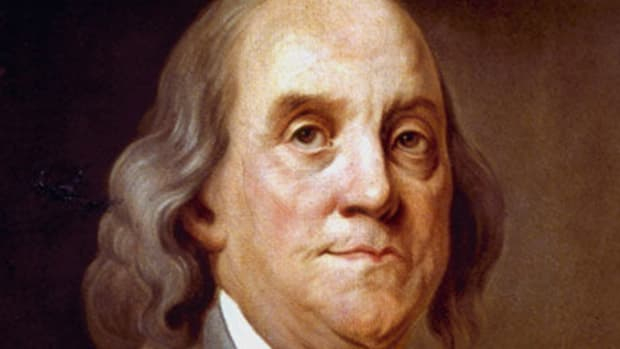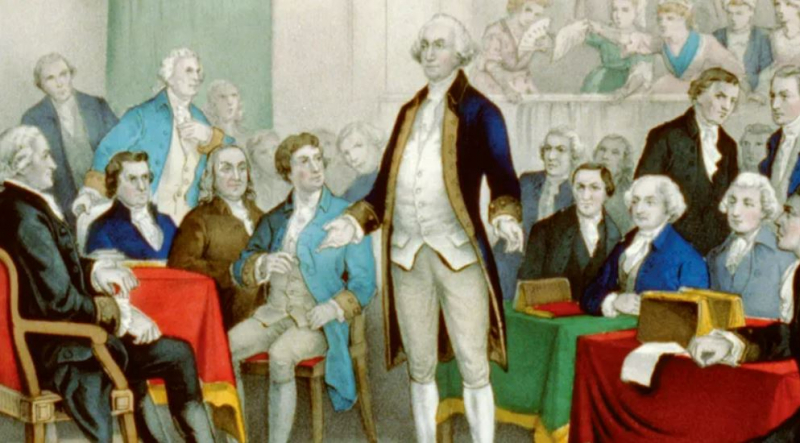Adams's life was greatly affected by his father's involvement in a banking controversy
Deacon Adams and the Boston Caucus established a "land bank," which provided paper money to borrowers who pledged their land as security, in response to Massachusetts' severe cash shortage in 1739. The general populace as well as the popular party, which controlled the House of Representatives, the lower chamber of the General Court, were in favor of the land bank. The more aristocratic "court party", which dominated the Governor's Council, the General Court's upper chamber, and supported the royal governor Jonathan Belcher, opposed the land bank.
In 1741, the court party successfully lobbied the British Parliament to dissolve the land bank. Deacon Adams and other land bank directors fell under personal liability for the currency that was still in use and payable in silver and gold. Even after Deacon Adams' passing, lawsuits about the bank continued, and the younger Samuel Adams frequently had to fight to prevent the government from seizing the family land. These legal actions "acted as a continual personal reminder to Adams that Britain's power over the colonies may be exercised in arbitrary and damaging ways," according to Adams. This is one of the interesting facts about Samuel Adams.









